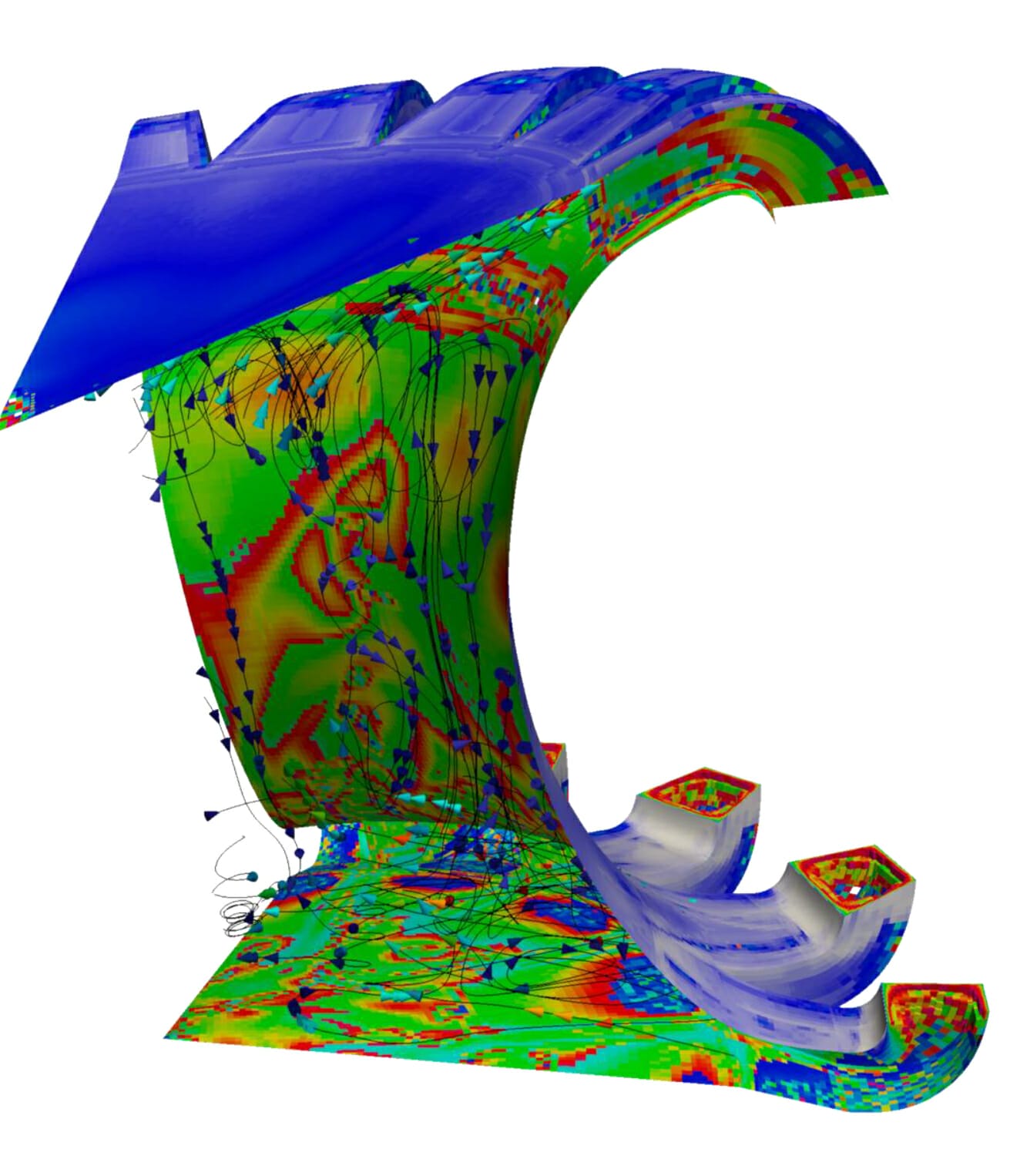A key element of the delivery of the ExCALIBUR Programme is the identification of cross-cutting themes and the subsequent research into these themes that can be applied across the High Priority Use Cases by:
- utilising the lessons learnt from the use cases and design and development working groups to address common issues that impact scientific code under development for use at exascale
- delivering knowledge integration with ExCALIBUR projects currently funded and those that will be funded across the duration of the programme
- establishing two-way knowledge exchange with the wider research community, industry and internationally for your chosen theme on the behalf of the programme
- integration and optimisation of findings in parallel with the scientific code development carried out by the ExCALIBUR Use Cases and design and development working groups.
The Met office and UKRI held a market engagement event for the community in November 2020 to define the scope of the Cross-cutting Research calls, both partners launched calls in January and February 2021 respectively. The themes within these calls were categorised as Common approaches and solutions or Potential disruptors.
Common approaches and solutions
The activities of this work package will explore and accelerate the development of solutions and approaches to problems that are common to more than one use case and that will thereby enhance the ability of the community to better exploit exascale computing power.
I/O & storage
Development and demonstration of novel approaches to optimising aspects of the data flow through the memory hierarchy which will help alleviate the increasingly important I/O bottleneck for practical large-scale applications.
Data workflow
Development and demonstration of novel approaches to taking certain computations to the data which will help reduce the need for expensive data movements and thereby help alleviate the increasingly important I/O bottleneck for practical large-scale applications. f
Coupling
Applicants to submit proposals that investigate and research coupling technologies that address the complexity of concurrently running multiple applications required to produce unified results for heterogeneous systems.
Domain Specific Languages
Various existing and upcoming programming languages are utilised or under development, requiring some standardisation as we move towards Exascale. Proposals to provide solutions that drive efficient practices for Exascale; identify resolutions of barriers for co-design across domain-specific languages or consider interoperability between languages. Applicants should consider how they will integrate and optimise their findings parallel with the scientific code development by the ExCALIBUR Use Cases.
Potential Disruptors
The activities of this work package will explore, and accelerate the development of such new, potentially disruptive, technologies that will enhance the ability of the community to better exploit exascale computing power. Each will deliver the following:
Exposing parallelism: Parallel-in-Time
A roadmap for how use-case applications can adopt parallel-in-time approaches; a standard set of appropriate and challenging test cases to demonstrate the efficacy of parallel-in-time approaches; and an environment that allows the rapid prototyping of a variety of methods and benchmarking of those test cases.
Exposing parallelism: Task Parallelism
A review of the potential for practical application of task-based parallelism to various use cases; an investigation of methods for abstracting aspects of task-based parallelism that could be interfaced to generic engines or to relevant domain-specific languages; and a prototype implementation of this abstraction and its application to the relevant use cases.
Machine L: optimising numerical methods & augmenting physically-based applications
A standardised approach, either via libraries or interfaces, to the fusion of a range of machine learning tools and simulation codes representing the relevant use cases that will facilitate the uptake of ML methods to improve and optimise existing numerical methods and physically-based simulations.
Future Computing Paradigms
Proposals within this theme must be potential disruptors to the current practices within the development and optimisation of Exascale software and architecture. Potential disruptors include, but are not limited to Quantum technology, Artificial intelligence and Neuromorphic computing.
These approaches may simulate future Exascale systems, management of vast amounts of data or mixed-precision performance.
Verification, Validation and Uncertainty Quantification
Proposals within this theme are required to develop and implement Verification, Validation and Uncertainty Quantification (VVUQ) parameters for Exascale. VVUQ is essential to establishing actionable and trusted software for future systems and will enable integration across the ExCALIBUR Programme, specifically with Use Cases.



